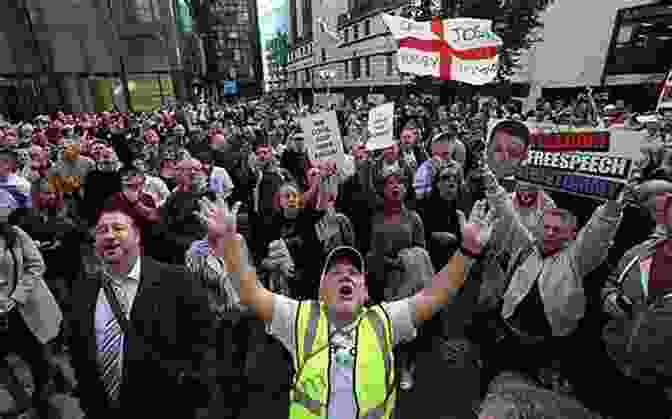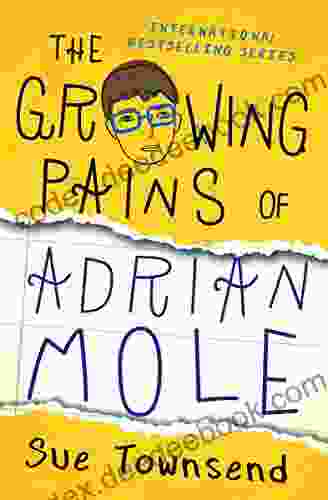Tommy Robinson: A Catalyst for Division

Stephen Yaxley-Lennon, better known as Tommy Robinson, is a far-right activist and founder of the English Defence League (EDL),a group known for its anti-Muslim and anti-immigration stance. Robinson has a long history of inciting hatred and division, often using inflammatory language to scapegoat minority groups.
Robinson's actions have had a galvanizing effect on far-right groups in the UK, emboldening them to become more vocal and visible in their hate speech and attacks on marginalized communities.
Underlying Causes of the Divide
The rise of far-right extremism in the UK, fueled by figures like Tommy Robinson, is a symptom of deeper societal divisions and grievances. These include:
- Economic inequality and the widening gap between the rich and poor
- A sense of alienation and disenfranchisement among certain segments of society
- Concerns about immigration and its impact on national identity
- The erosion of trust in traditional institutions, such as the government and the media
The Role of Social Media
Social media has played a crucial role in amplifying Tommy Robinson's message and spreading his divisive rhetoric. Platforms like Facebook and Twitter have enabled him to bypass traditional media channels and reach a wider audience, including those who may be susceptible to his xenophobic propaganda.
Social media has also created echo chambers, where users are only exposed to content that aligns with their existing beliefs, reinforcing their biases and making them more resistant to opposing viewpoints.
Fear of a Civil War
Tommy Robinson's inflammatory rhetoric and the growing support for far-right groups have raised concerns about the potential for a civil war in the UK. While the likelihood of a full-scale conflict is still low, the seeds of division have been sown.
The escalating tensions between far-right groups and counter-protesters, as well as the increasing polarization of society along political lines, create a volatile environment where violence could easily erupt.
Preventing the Unthinkable
Preventing a civil war requires addressing the underlying causes of division and countering the spread of extremism. This includes:
- Addressing economic inequality and promoting social justice
- Encouraging inclusivity and tolerance, and challenging hate speech
- Rebuilding trust in institutions and promoting constructive dialogue
- Strengthening community bonds and fostering empathy
Tommy Robinson and the far-right movement he represents pose a significant threat to the social fabric of the UK. Their divisive rhetoric and fear-mongering tactics have escalated tensions and raised fears of a potential civil war.
Addressing the underlying causes of division and countering the spread of extremism is crucial to prevent further polarization and violence. The UK must confront these challenges head-on, promoting inclusivity, tolerance, and dialogue to bridge the widening gaps in society and ensure a peaceful future.




























































































